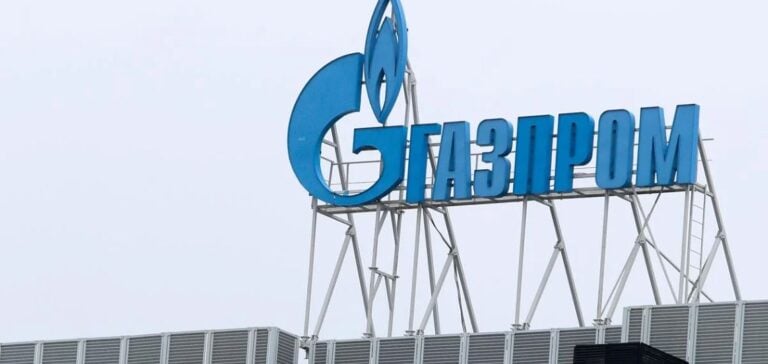Transdniestria, a region of 500,000 inhabitants located between Moldova and Ukraine, is grappling with a severe energy crisis. Since January 2025, this enclave, historically supplied with free gas by the Russian giant Gazprom, has faced prolonged power and heating outages. This disruption follows the expiration of the transit agreement between Russia and Ukraine, complicating regional supply routes.
In response, Moldova, which also relies on Russian gas for part of its energy needs, has increased imports from Romania to prevent the crisis from spilling over to its own territory. However, Transdniestria remains in limbo, as the region’s separatist authorities have so far rejected alternative solutions proposed by the international community. These include purchasing gas through Moldovagaz, Moldova’s main energy company.
A Complex Geopolitical Context
The current situation highlights the deep tensions between Moldova and Russia. Since the 1992 war, Transdniestria has been outside Chisinau’s control and has benefited from Moscow’s economic and military support. This dependency is now under strain, with Russia leveraging its gas deliveries as a political tool. According to Moldovan Prime Minister Dorin Recean, the crisis aims to destabilize the pro-European government ahead of legislative elections scheduled for September.
Approximately 1,500 Russian troops remain stationed in Transdniestria under the guise of a peacekeeping mission. For Mr. Recean, their presence remains a barrier to a long-term resolution of the energy crisis. He advocates replacing this mission with a civilian initiative led by the United Nations, a proposal that has found little favor in Moscow.
Economic and Financial Implications
The cessation of Gazprom deliveries also reflects a financial dispute between the gas giant and Moldova over outstanding debts. In the absence of a resolution, the cost of the crisis continues to mount for both sides. While Moldova seeks to diversify its energy sources, it is striving to maintain economic stability amidst rising inflation and social tensions.
Meanwhile, Transdniestria is exploring local solutions to mitigate the economic impact on its industries, which are heavily dependent on gas for production. However, access to alternative energy sources remains limited, underscoring its structural dependence on Russia.
Regional Perspectives
As the European Union discusses expanded energy support for Moldova, the crisis’s implications extend far beyond national borders. The halt in Russian supplies risks further destabilizing a region already marked by conflicts in Ukraine. For observers, this situation underscores the need for increased regional coordination to address long-term energy and economic challenges.






















